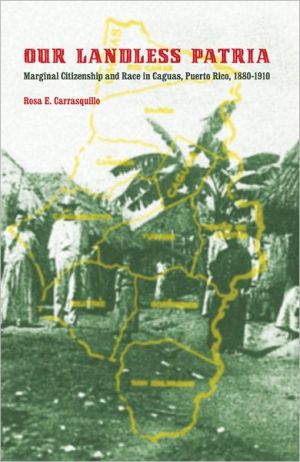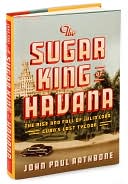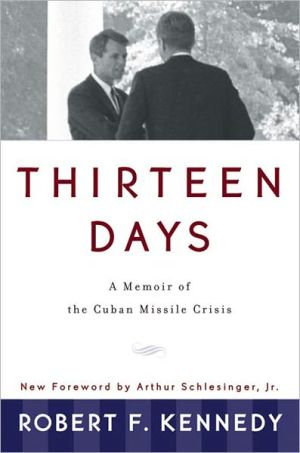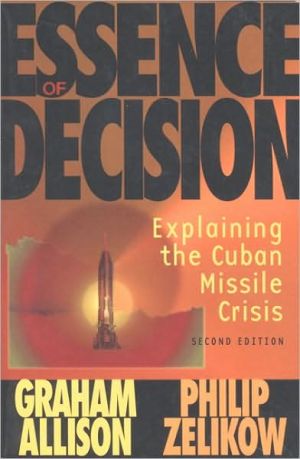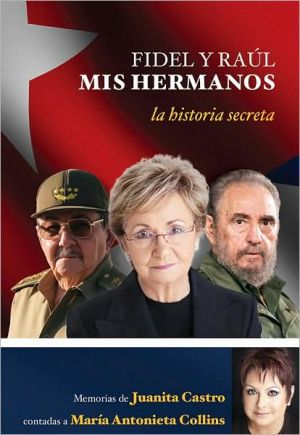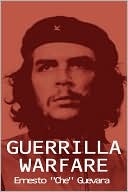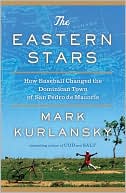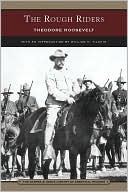Our Landless Patria: Marginal Citizenship and Race in Caguas, Puerto Rico, 1880-1910
Our Landless Patria examines issues of race and citizenship in Puerto Rico, tracing how the process of land privatization accelerated a series of struggles for natural resources between the poorest sectors of society and the landed elite. The laws of privatization favored the landed elite and barred former slaves and their descendants from obtaining a formal title to a piece of land. In response, people of color developed an alternative citizenship that validated their livelihood, putting in...
Search in google:
Our Landless Patria examines issues of race and citizenship in Puerto Rico, tracing how the process of land privatization accelerated a series of struggles for natural resources between the poorest sectors of society and the landed elite. The laws of privatization favored the landed elite and barred former slaves and their descendants from obtaining a formal title to a piece of land. In response, people of color developed an alternative citizenship that validated their livelihood, putting in motion a series of civil claims that protected people’s mobility rights and their access to land. However, the rural poor’s claims for a more egalitarian society, or what Rosa E. Carrasquillo calls “marginal citizenship,” could not successfully transform the political exclusion of the racially mixed population because of its heavy borrowing from the Spanish legal system. In particular, marginal citizenship adopted patriarchy as a model to regulate social relations at home, failing to address gender inequalities and perpetuating class differences. Our Landless Patria deciphers the late nineteenth-century structure of power in the Spanish colonial state at the local level and illuminates the way ordinary people experienced day-to-day relations of power. Carrasquillo's analysis makes a strong case that the poorest sector of rural society provided the fertile ground in which a civic consciousness developed. American Historical Review "The book is certainly a welcome contribution to Puerto Rican social history and gives interesting insights into the transition period of the late nineteenth century."
Introduction : no ground to rest1Mapping Caguas, mapping the country : the political and economic bases of citizenship12From crown to citizen : local politics and centralization223In the face of inequality : land privatization and racial hierarchies404Stepping towards liberation : defense of mobility rights and race665Marginal but not equal : gender and citizenship90Conclusion : toward an inclusive citizenship113App. AComparison of farm sizes in the barrios of Caguas, 1880-1900119App. BLand distribution by farm size in Caguas, 1880-1910121App. CMunicipal government of Caguas, 1880-1903123App. DOrdinance for the comisarios of Caguas's rural barrios129App. ELove letters131App. FLove letters133
\ European Review of Latin American and Caribbean Stories“An important addition to Puerto Rico’s agrarian and labour history.”—European Review of Latin American and Caribbean Studies\ \ \ \ \ American Historical Review“The book is certainly a welcome contribution to Puerto Rican social history and gives interesting insights into the transition period of the late nineteenth century.”—American Historical Review\ \
